Publications
Articles, publications, books, tools and multimedia features from the U.S. Institute of Peace provide the latest news, analysis, research findings, practitioner guides and reports, all related to the conflict zones and issues that are at the center of the Institute’s work to prevent and reduce violent conflict.
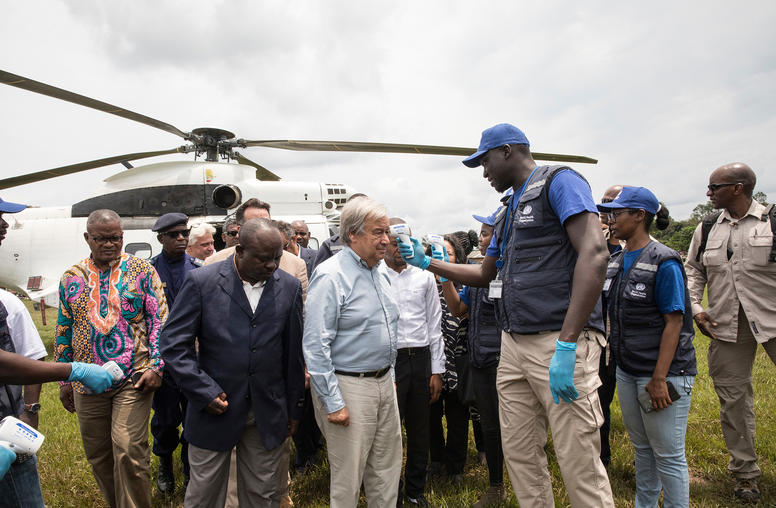
Amid COVID, We Need Enhanced International Coordination to Build Peace
As the humanitarian and economic toll of the COVID-19 pandemic continues to grow, so does the risk that this crisis will fuel new conflicts around the world, while stymying prospects for resolving ongoing ones. The global health crisis is triggering devastating levels of food insecurity and unemployment, especially in the world’s most fragile states, where the social contract between citizens and the state is severed and societies are fragmented and vulnerable to violence. These trends will almost certainly lead to a future spike in instability across these countries, unless concerted international action is taken.
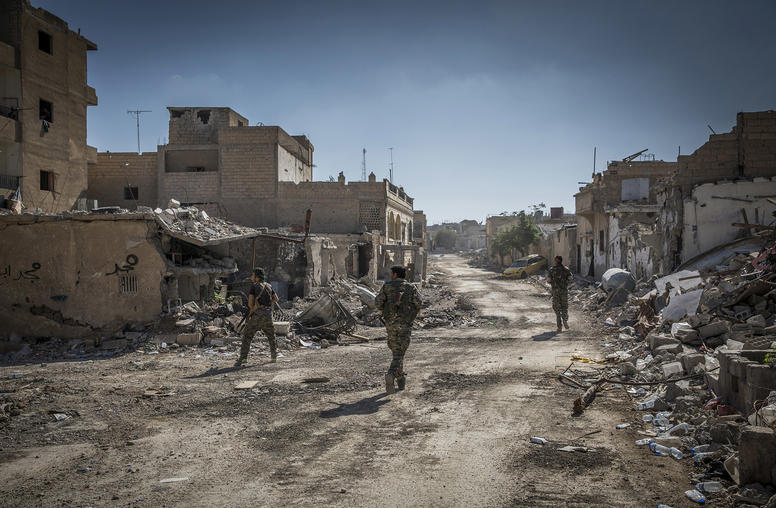
Putting the Global Fragility Act into Action Can Save Money and Lives
The U.S. government (USG) is preparing to unveil a new strategy over the coming months to tackle the underlying causes of fragility and conflict in vulnerable countries around the world. The strategy comes at an important time, just as the United States and other international donors seek to respond to rapidly increasing health, food, and other emergency needs as a result of the coronavirus outbreak. It will be critical that in line with the new strategy, this aid does not inadvertently stoke new tensions.
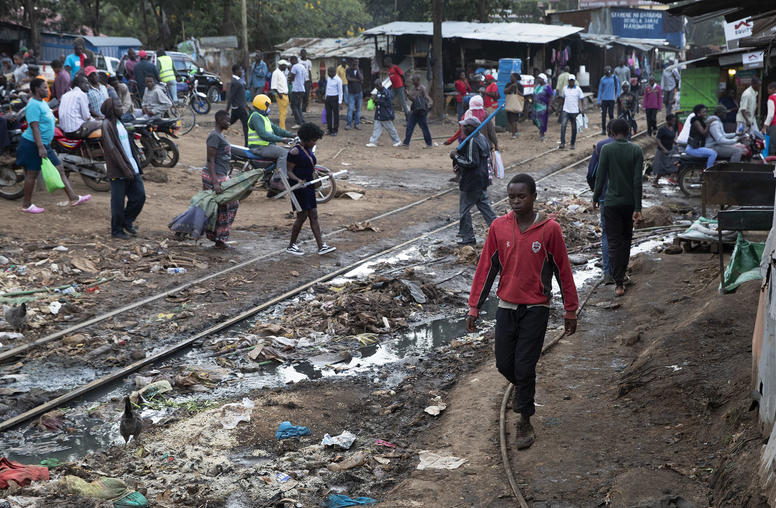
Diplomacy, Development and Defense Officials Pledge To Advance U.S. Fragility Strategy
The United States is committed to advancing the Global Fragility Act (GFA) as part of its global response to the coronavirus pandemic, senior State Department, USAID and Department of Defense officials said on Wednesday at a virtual gathering of development and peacebuilding organizations and experts convened by the U.S. Institute of Peace to facilitate discussions on how to implement the legislation.
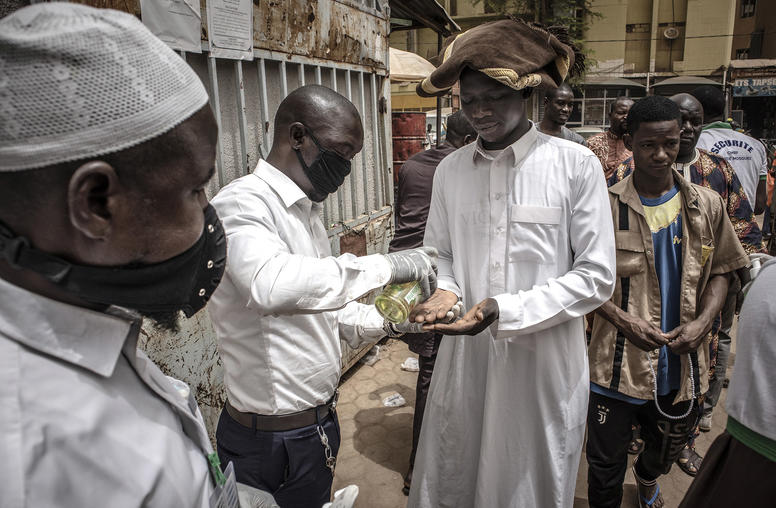
How Efforts to Address Conflict and Coronavirus Align
As the unprecedented humanitarian and economic impacts of COVID-19 begin to be felt across poor and conflict-affected states, there is a risk that policymakers will lose focus on longer-term priorities—like conflict prevention and economic development.
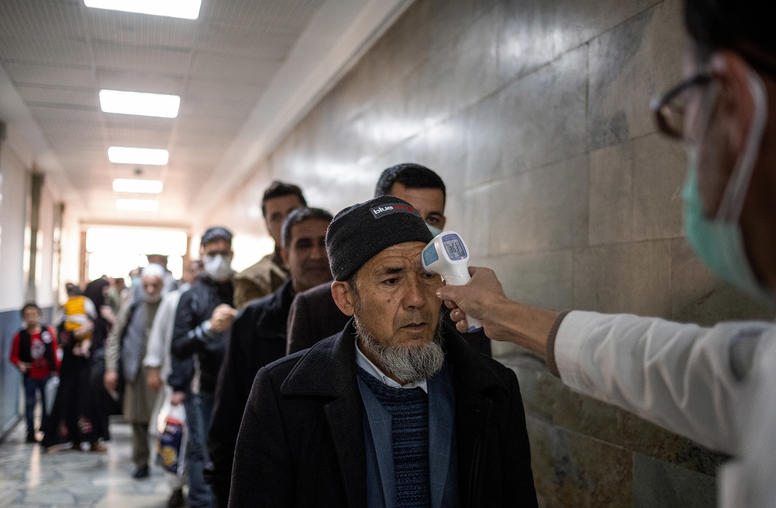
Don’t Leave Fragile States Behind in the Fight Against Coronavirus
Since the World Health Organization declared COVID-19 a global pandemic, the virus has demonstrated it can infect anyone, anywhere. The disease has affected 179 countries and regions and has spread to all 50 U.S. states. Yet if the pandemic has spread far and wide, its impacts have not been the same everywhere. The disease may be taking radically different trajectories, even among wealthy countries. While it may be too early to tell how the disease’s spread will play out in specific countries, one thing is certain: the world’s fragile states—where the social contract between citizens and the state is severed or weak—are likely to be the hardest hit, and that could pose a significant risk to the global pandemic response.
On Famine Caused by Conflict, U.N. States Must Be Bold
The global surge in humanitarian emergencies related to violent conflict, including looming famines in northeast Nigeria, Somalia, South Sudan and Yemen, are on the agenda of world leaders meeting at the United Nations General Assembly this week. With 20 million people across four countries on the brink of starvation...
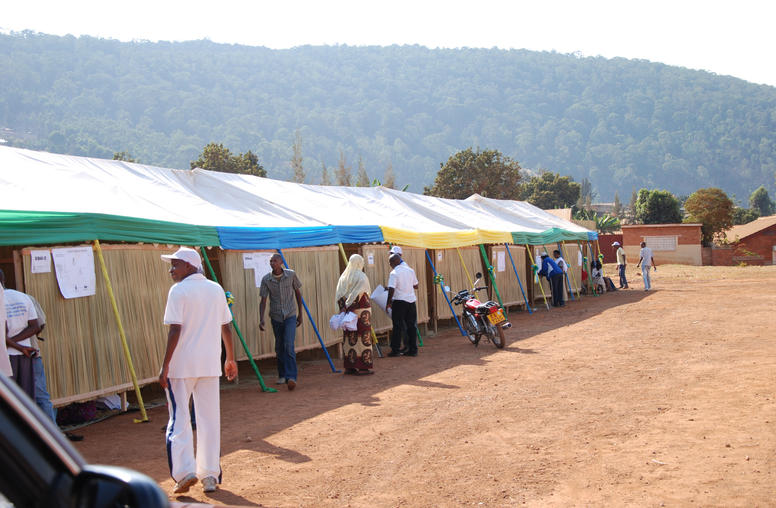
Rwanda’s Election Signals Risk to Recovery from Genocide
Rwandans head to the polls in August for an election in which incumbent President Paul Kagame will seek—and likely win handily—a third seven-year term. Despite the controversy over a 2015 referendum that amended the constitution to let him to run again and possibly stay in power for as long as 35 years, his political opposition...